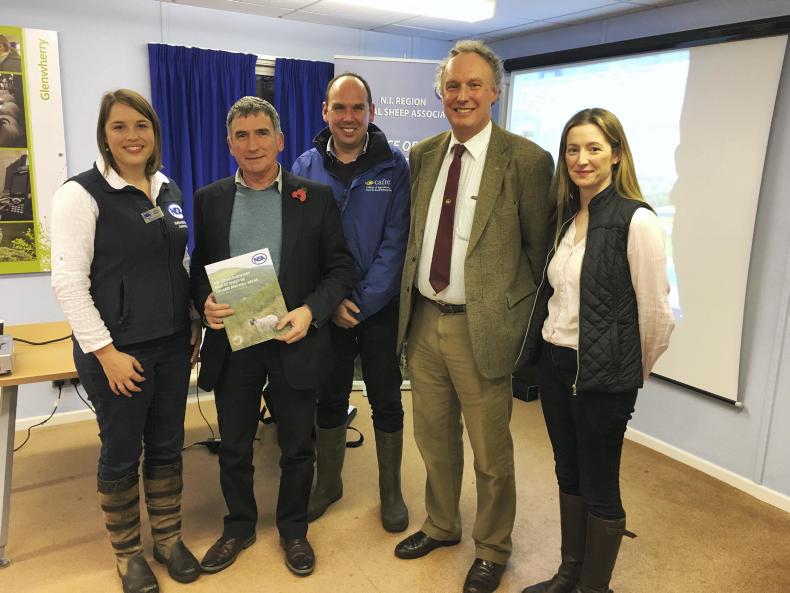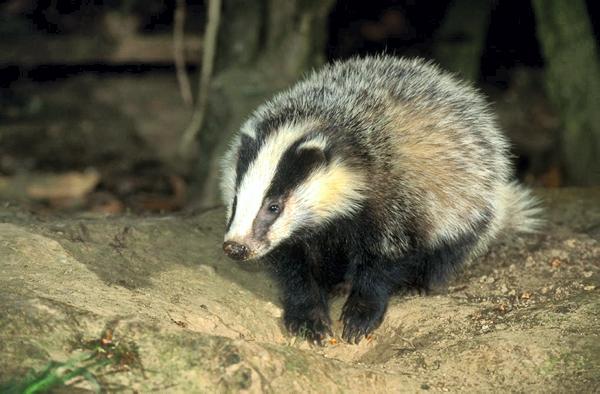With the UK self-sufficient in sheepmeat, and up to 36% of lamb exported to France and other EU member states annually, the sector is perhaps the most exposed to any changes in trading arrangements post-Brexit.
Also in the background is the possibility that the UK will look to do trade deals with commonwealth countries such as New Zealand and Australia, both major exporters of lamb.
Recognising these concerns, the National Sheep Association (NSA) is in the process of formulating a policy position related to Brexit.
Speaking at an event at the Greenmount Hill Farm in Glenwherry last week, Joanne Briggs, the NSA’s communications manager, confirmed that a policy position should become clear in the early part of 2017. “We are three quarters of the way through a consultation with members,” she said. However, she confirmed that trading arrangements post-Brexit are likely to be highlighted as a major concern. Also, the need to ensure that the same level of financial support as currently provided, continues to go to the sector in future.
To highlight the important role for sheep within wider society, the NSA has updated their report, initially published in 2012, on the complementary role of sheep in upland and hill areas. The report is targeted at Government, policymakers and environmental groups and highlights that sheep are fundamental to maintaining the landscape and biodiversity in upland areas.
There is also an important balance to be struck between preventing over-grazing, but maintaining stocking rates at a level that prevents heather becoming too mature or the encroachment of scrub or bracken, with associated loss of biodiversity.
The NSA report notes that, at times, agri-environment schemes have forced stocking rates too low. For example, a ban on winter grazing of heather could actually be having a detrimental effect, forcing farmers to cut numbers and reducing the ability to properly manage grazing the rest of the year. The NSA is therefore likely to also argue for more appropriate and flexible regulation in a post-Brexit scenario.









SHARING OPTIONS